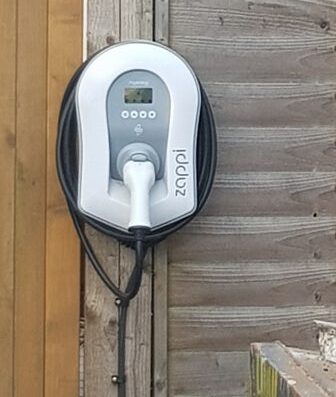
54% of UK drivers want to switch to electric cars within the next 5 years
New data from smart home experts, Hive, reveals 54% of people are planning to make the switch to an electric car in the next 5 years and whilst 58% would consider a home charger, there is still widespread confusion and concern about the cheapest and most efficient ways to charge them. With the production of petrol cars banned from 2030, it’s essential drivers understand all aspects of electric car charging to encourage the transition.
Misconceptions about costs a huge concern
One of the major misconceptions is that over a quarter (27%) of people think home charging would be more expensive than public charging. With the cost-of-living crisis forcing most to tighten their belts more than ever, this incorrect assumption could be stopping people from making the swich, which may actually save them money in the long run. With the public charging network largely deemed inadequate due to a lack of charging points, it’s also less convenient and more expensive than home charging, costing up to £10 per charge at a public rapid charger*, which is much more than the at home cost.
When asked how much they thought it would cost to fully charge an average electric estate car with a home charger, respondents estimated around £21*. In reality, the average cost is £7.50, a stark contrast to current fuel costs, that average out at £1.86 per litre. Amidst rising living and fuel costs, over half (57%) are also concerned about the impact home charging would have on energy bills.
Information Source: Read More
ENERGY | ELECTRIC POWER | NATURAL GAS | AUTOMOTIVE | CLIMATE | RENEWABLE | WIND | TRANSITION | LPG | OIL & GAS | SOLAR | ELECTRIC VEHICLES| BIOMASS | SUSTAINABILITY | OIL PRICE |COMMODITIES | ELECTRIC POWER | NUCLEAR | LNG | REFINED PRODUCTS | SHIPPING|

